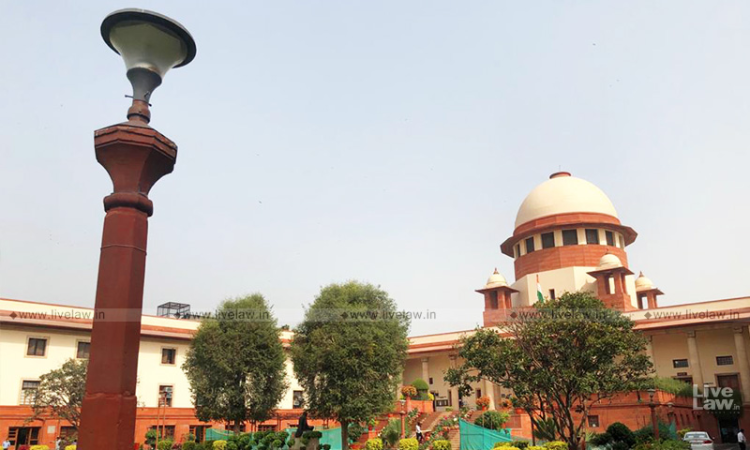Remand Power U/s 167 CrPC Can Also Be Exercised By Courts Superior To Magistrate: Supreme Court
LIVELAW NEWS NETWORK
16 May 2021 5:53 PM IST

Next Story
16 May 2021 5:53 PM IST
The power under Section 167 of Code of Criminal Procedure can also be exercised by Courts which are superior to the Magistrate, the Supreme Court held in the judgment dismissing appeal filed by jailed activist Gautam Navlakha seeking default bail in the Bhima Koregaon case.The bench comprising Justices UU Lalit and KM Joseph observed thus in the judgment: Though the power is vested with...
